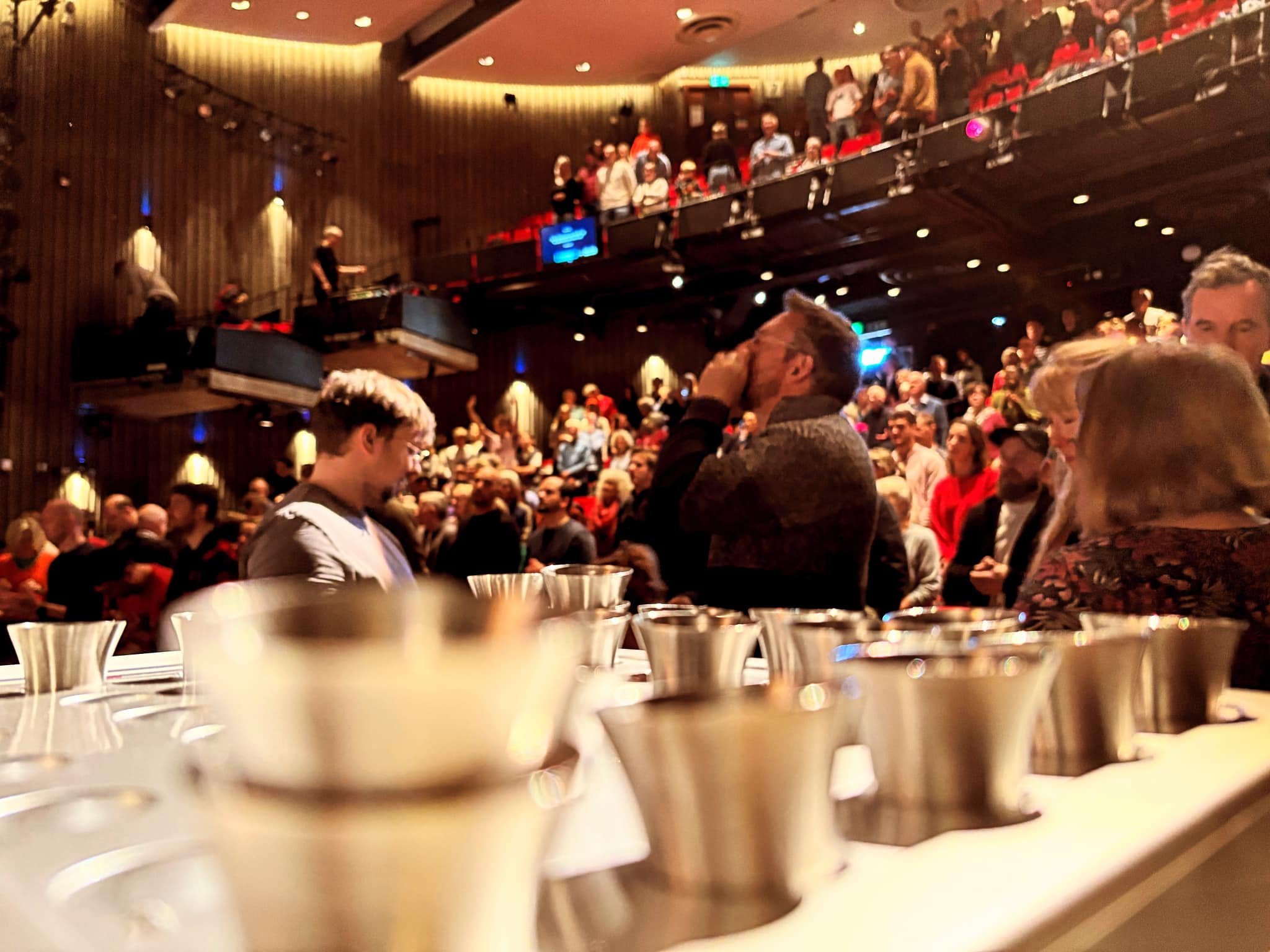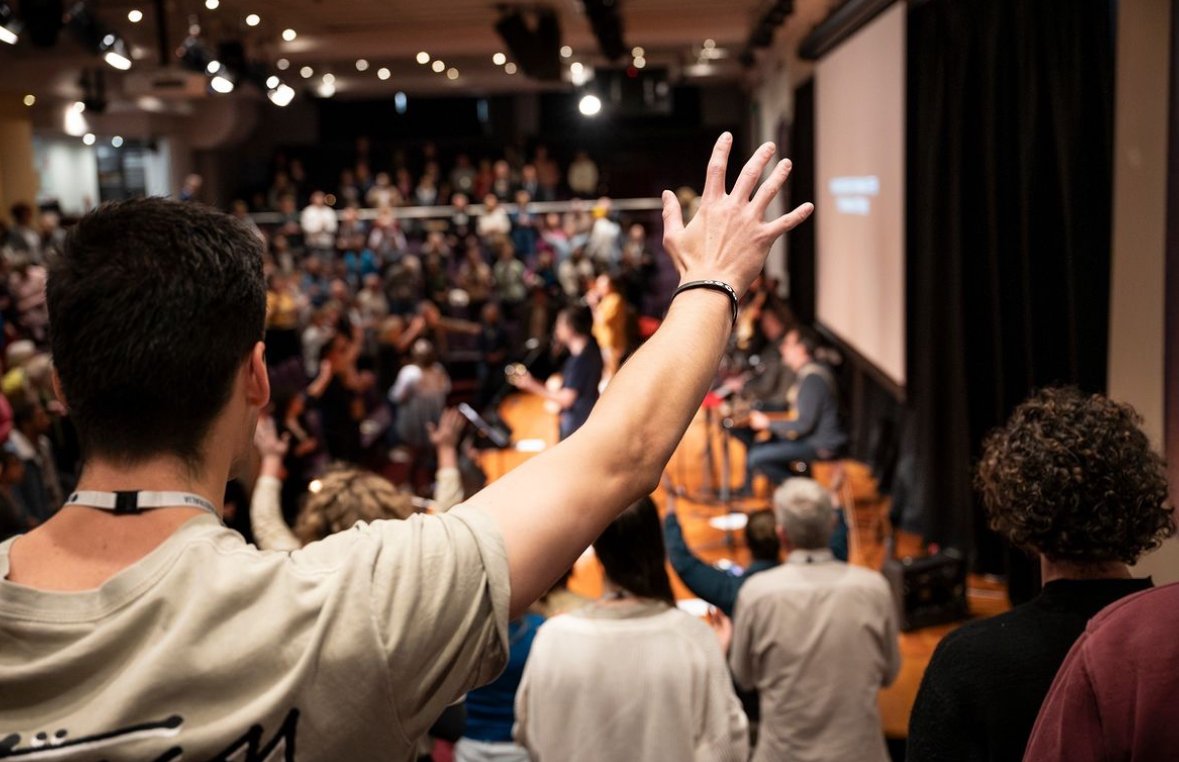Reflecting on the wounds of Christ - surprisingly still visible after his resurrection. He heals wounds without removing scars. Makes us whole but does not perform plastic surgery. Wrestles with Jacob but leaves him limping the rest of his life. Refuses to remove St Paul’s ‘thorn in the flesh’. Promises us brand new resurrection bodies without denying or deleting the past.
My friend Charlie was round our house one day, shortly after we’d fitted a new worktop in our kitchen made from thick Spanish oak. It was our pride and joy and I’d been oiling the wood diligently, while Sammy had been asking everyone to use mats and coasters to protect the wood. But already someone had put a hot pan down on the pristine surface leaving a deep, dark circle burned into the wood.
“Like our new kitchen?” I asked while making Charlie a cup of tea. “Spanish oak.”
Charlie picked up the magazine we had carefully placed to conceal the circular burn.
“So annoying,” I said. “We ruined it already!”
“That doesn’t ruin anything,” Charlie smiled. “That gives it character. Makes it lived in. Real. You need a few more.”
( I M ) P E R F E C T
A few years later, when Charlie wrote and drew his best-selling book ‘The Boy, The Mole, The Fox, and The Horse’, he left paw prints on the page from his dog Barney, and a circular stain from a cup of tea in another of his beautiful illustrations.
And after that conversation we never again bothered placing the magazine over the burn, and never again lost our cool if one of the kids made a mark with a pen or a plate or a pan on a piece of wood.
Charlie reassured me that day that it’s my imperfections which can make me interesting, real, ‘lived-in’, human, approachable, and I don’t need to try so hard to hide them.
There is no shame in a scar on your skin or your soul, because it speaks of the journey you have walked, the pain you have endured, and the authority you have gained from suffering well enough to be simply still standing here today. Scars are medals. Wear them well.
“Ring the bells that still can ring
Forget your perfect offering
There is a crack, a crack in everything
That's how the light gets in.”
(Leonard Cohen - Anthem)










